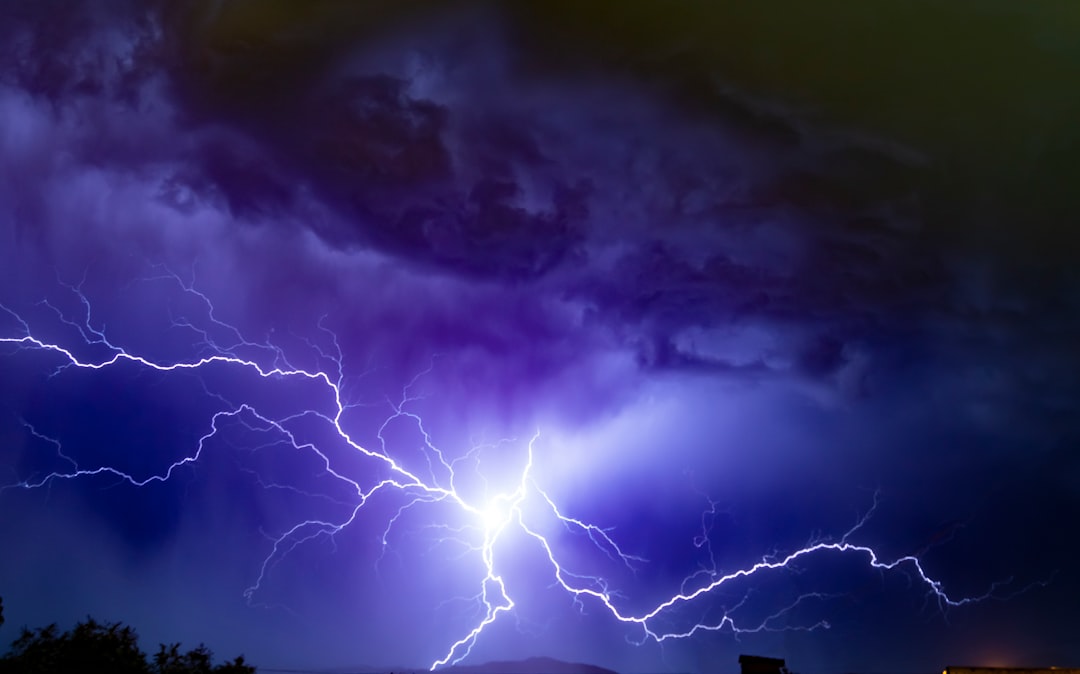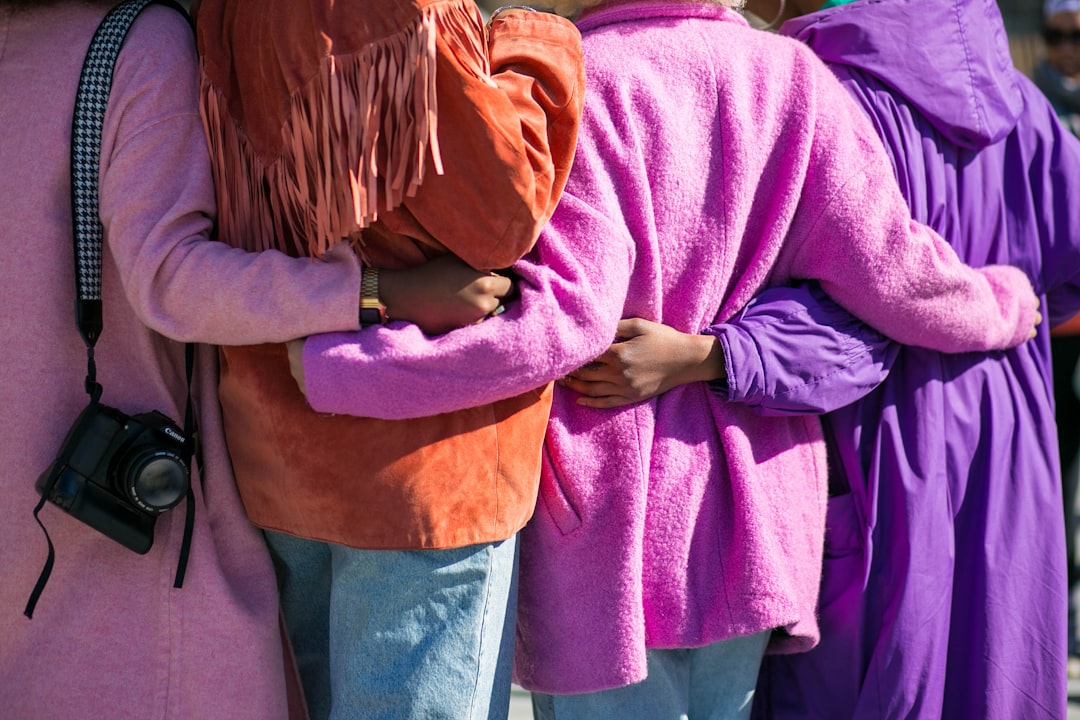“My problem is that I’m an empath.”
Another one of those statements that I’ve heard again and again over the years. Let’s talk about the idea that other people’s anxiety and emotions must automatically impact yours or that you have no choice but to be anxious because other people around you feel things or show things.
Let me propose another definition of what being empathic means.
“I have learned to watch other people’s emotional cues very closely so I can respond to them appropriately. I do this because I believe that I am responsible for fixing things, taking care of things, and creating happiness for everyone. I also may or may not do this so that I can predict and avoid outbursts and abuse before I am subjected to them.”
Sometimes people get a little angry when I say things like this. Much like being a multi-tasker, a type-A personality, a worrier, or a perfectionist, “empath” is sometimes a label people wear as a badge of honor even while telling me that they wish they could be different. It can be a bit of a complicated issue at times.
I am not here trying to strip you of your identity or take away your emotional superpowers. I am just asking you to at least consider the possibility that you have learned to be empathic based on beliefs and experiences in your life. Sometimes those beliefs and experiences are designed to keep you safe. Sometimes they are designed to help you see yourself as the person you hope you are. That’s OK. Welcome to being human. This isn’t wrong. This isn’t a flaw. It’s how people often work at least to some degree.

If you want me to talk about how to recover when the anxiety and emotions you see around you “automatically” becomes yours, I will ask you try to see it through this lens rather than just operating from the assumption that you were somehow born with special empathic or emotional powers that you can do nothing about. Could you have been born this way? Maybe. And if so, then I’m not sure this edition of The Anxious Morning is going to be terribly helpful. But if you are misjudging and my definition is closer to the truth, then there is room to work in, right?
Let’s look at two examples:
“When my kids are anxious or upset, I get so anxious because I hate seeing them this way. I just love them so much.”
Of course you love them. But does loving them automatically mean that you are responsible for ensuring that they never feel upset or anxious? Does loving them mean that you have to fix the universe for them so that life is never challenging? Does this whole flurry of worrying, thinking, and trying to fix the world mean you love them more? Can they feel your worry? Does that make them feel more loved, or are you just trying to show love in a way that might not be terribly effective or productive. Do they feel more loved, or do you feel like you are more loving. There’s a difference.
“I’ve lived through a fair amount of abuse so I FEEL everyone’s emotions now.”
If this is your story, then my heart goes out to you. I’m very sorry that you’ve had the experiences that you’ve had. That is NOT easy to deal with in any way. But can you see how it would make sense that you have developed this habit in an effort to stay safe? Do you think anyone would blame you for this? I certainly would not. You are doing what you need to do! The key phrase here is that “you are doing …”. You are interacting with the world in a way designed to keep you safe based on the premise that any time you see a cloud, lightning is about to strike you. You obviously know logically that clouds does not automatically mean being struck by lightning, but you may be behaving as if it does.
In both of these examples we can start to see some faulty logic and distorted assumptions at play. Once we can see them, we can start to work on changing the way we operate little by little. Is this easy? Absolutely not. It’s not easy to feel like you are being a bad parent or a bad person (you are neither). It’s not easy to start to let your guard down and learn to trust people again. This is hard work! But hard does not equal impossible. Hard gives us a little wiggle room, even when that is uncomfortable. Hard offers us possibilities that mistaken beliefs and faulty conclusions hide from us.
If you want to know how to recover when everyone else’s anxiety triggers yours, start by taking a look at why that might be happening. The first step would be to at least consider that this does not have to be an automatic thing beyond your reach. If just for today, consider what life might look like if you really could change that reaction.
You are a person reading words I am writing today on the Internet. I do not actually know you. You do not actually know me. So I cannot tell you that this is a dead-on accurate assessment of your situation. But I can tell you that if I don’t at least throw this out there for you to chew on, I’m not really doing all I can do to be useful.
Thoughts? Comments? You know what to do.
I thought maybe I’d share a bit on music now and then. This week I wanted to let you know that members of my Facebook group created a playlist of songs that are meaningful to them in recovery. Pretty cool, right? Here are some links you can use to find that playlist on Spotify and YouTube.











Share this post